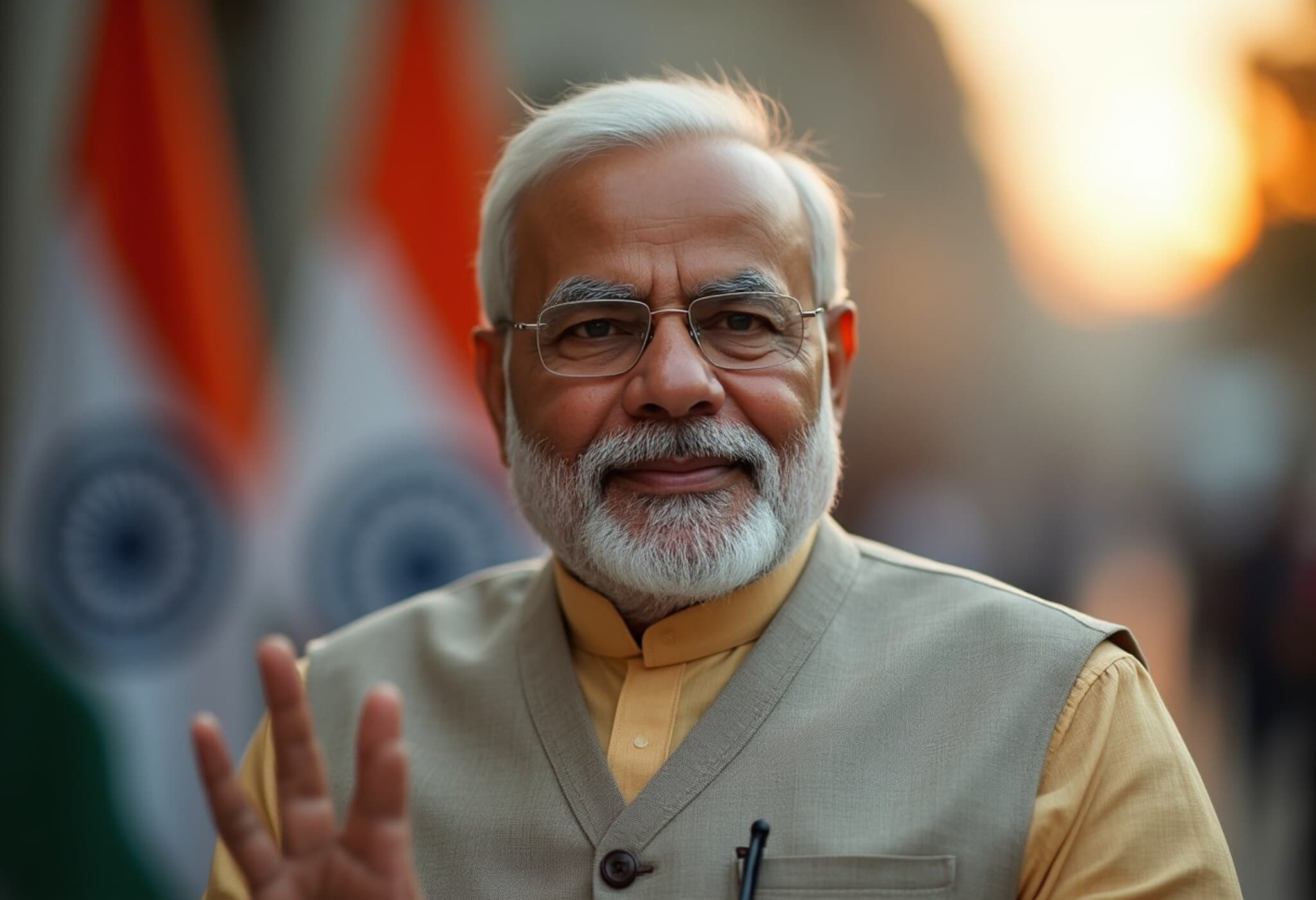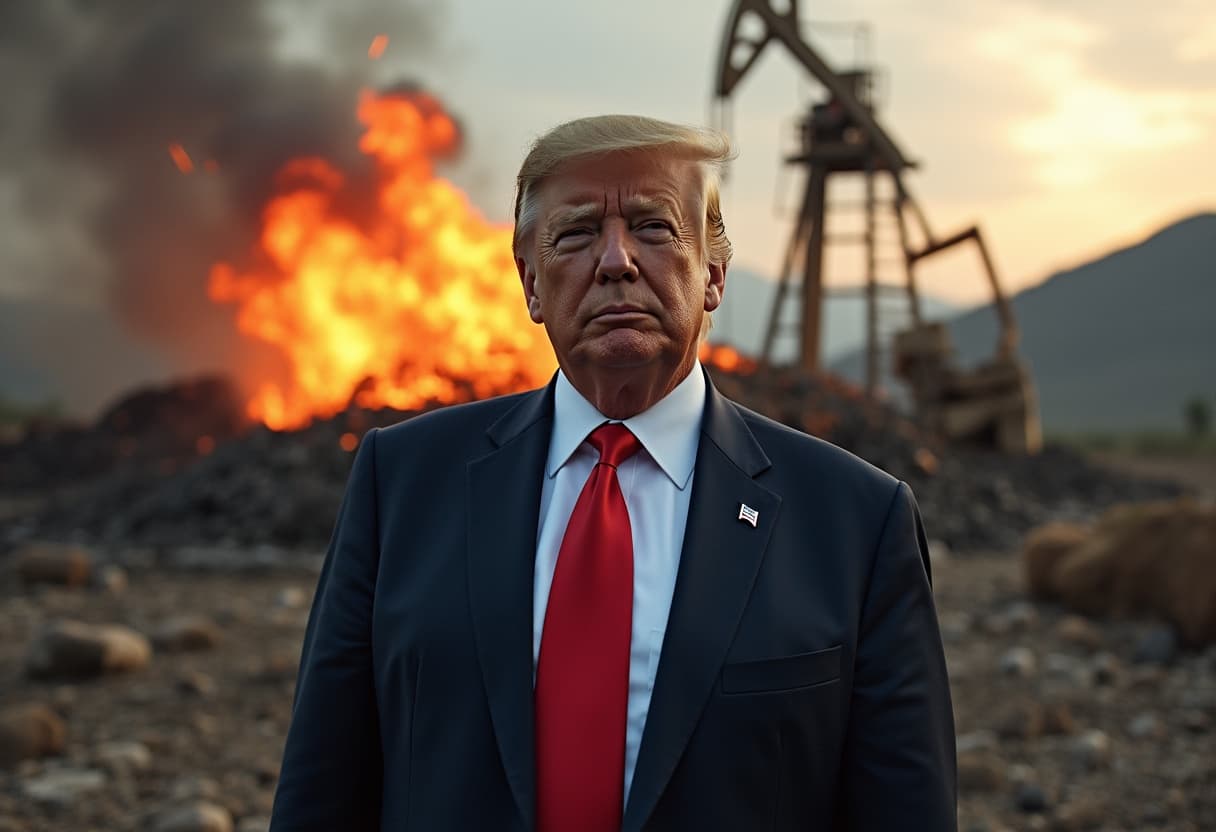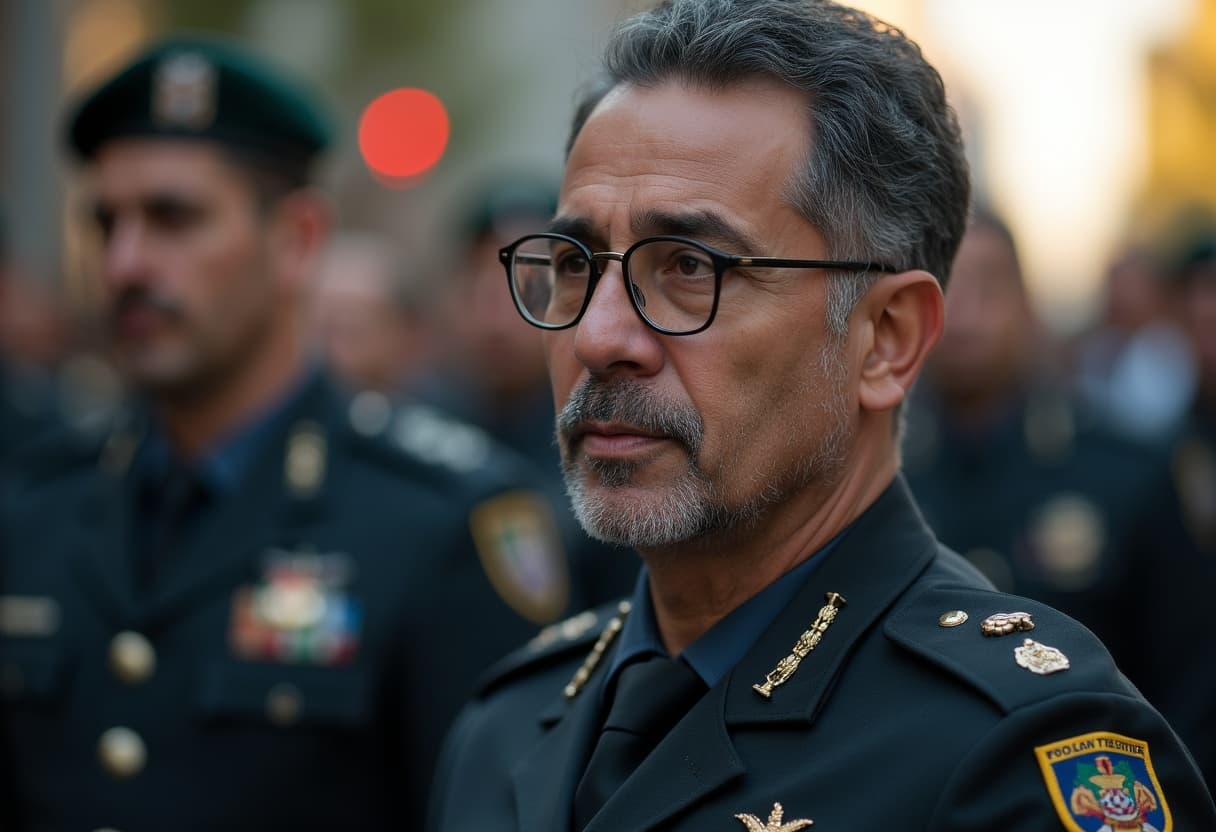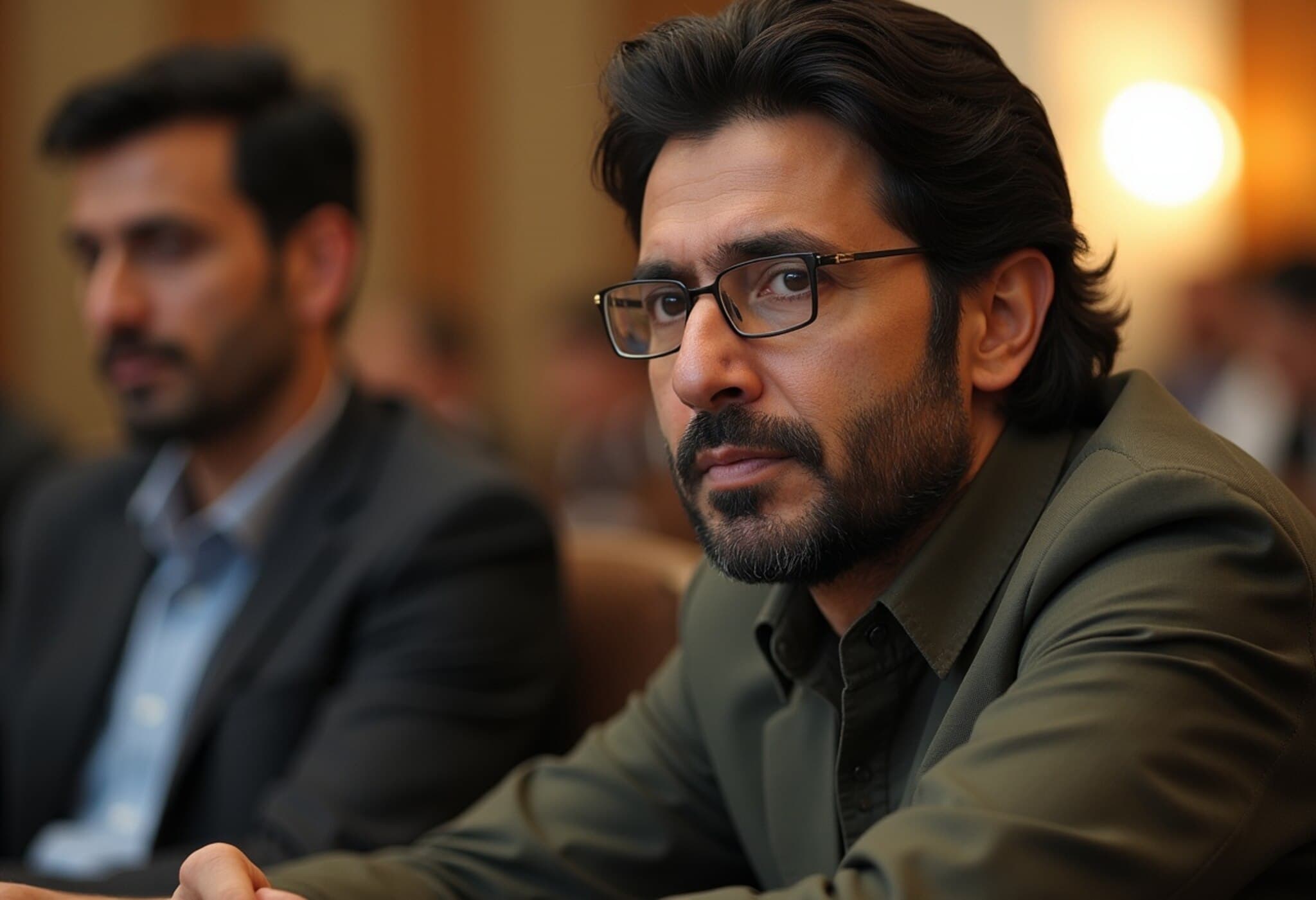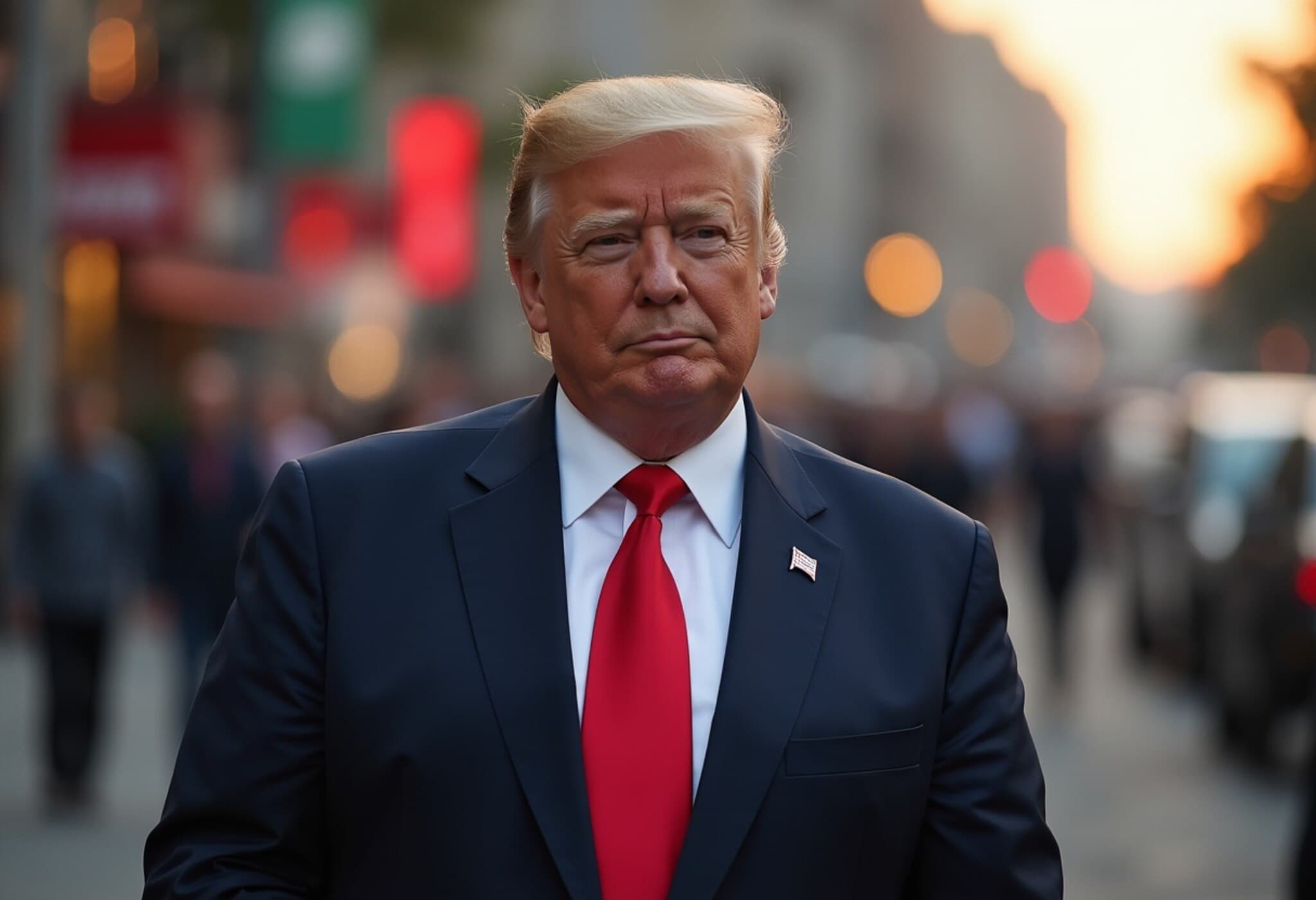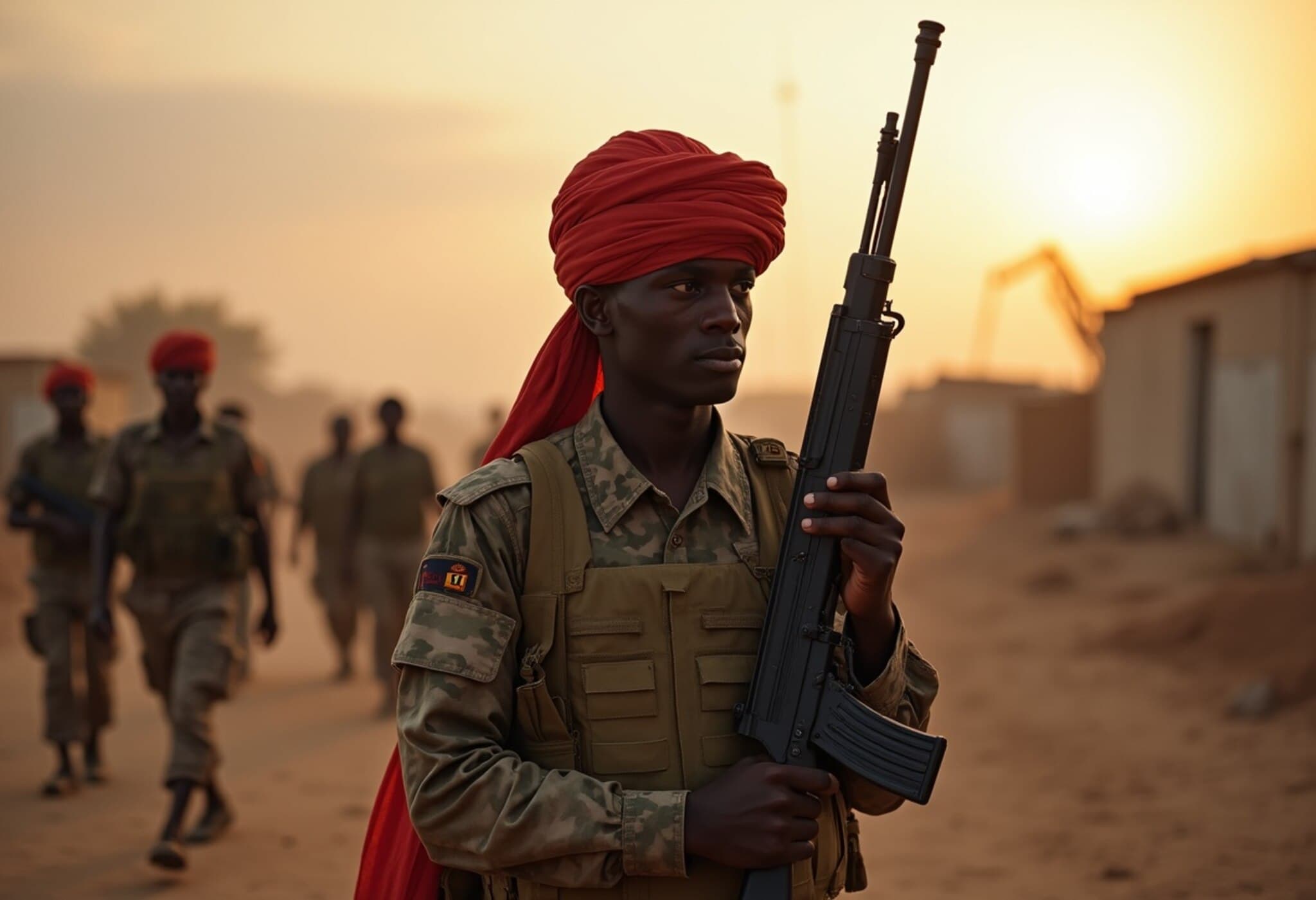Maldives Tourism and Economy Poised for Growth After PM Modi’s Historic Visit
Maldivian President Mohamed Muizzu expressed optimism about the future of tourism and economic ties with India following Prime Minister Narendra Modi’s landmark visit to the island nation. Speaking on Saturday, Muizzu emphasized the importance of India as a strategic partner and highlighted the potential for deeper collaboration between the two countries.
A Boost for Tourism and People-to-People Connections
Tourism stands as a cornerstone of the Maldivian economy, and India has long been a vital source of visitors. President Muizzu believes that PM Modi’s two-day visit, which culminated in major bilateral agreements and celebrations of 60 years of diplomatic relations, will catalyze further growth in this sector.
"India is one of the major countries supporting our tourism sector," Muizzu said. "With the Prime Minister’s visit, we expect further growth and stronger people-to-people ties that benefit both our nations." This sentiment reflects a broader vision to make Maldives a more accessible and attractive destination for Indian travelers, leveraging cultural affinity and geographic proximity.
Free Trade Agreement in Sight: Economic Integration on the Horizon
Beyond tourism, the two leaders initiated official talks for a Free Trade Agreement (FTA) aimed at expanding bilateral trade and investment opportunities. President Muizzu confirmed that discussions are underway with prospects of finalization soon. "India is a crucial partner for the Maldives, and deepening economic ties is essential for our mutual prosperity," he noted.
The move towards an FTA reflects a strategic effort by Maldives to diversify its economy and enhance regional connectivity. For India, it aligns with its Act East policy and growing influence in the Indian Ocean region, contributing to stable geopolitical relations.
Strengthening Diplomatic Bonds Amid a New Chapter
PM Modi’s visit marked a significant thaw in relations, which had seen tensions following Muizzu’s election campaign featuring an "India Out" narrative. The Prime Minister’s role as Guest of Honour at Maldives’ 60th Independence Day underscored a diplomatic reset. Earlier, Muizzu’s own visit to India in October 2024 had laid the groundwork for engagement.
The two nations also celebrated their enduring friendship with joint initiatives, including the issuance of a commemorative stamp and India’s extension of a ₹4,850 crore Line of Credit to Maldives for development projects.
Looking Ahead: A Closer Partnership
President Muizzu expressed hope to visit India soon, potentially within this year, signaling continued dialogue and collaboration. His characterization of India as the Maldives’ "closest and most trusted partner" signals a forward-looking strategy to cement ties, not only in economics and tourism but also in strategic, cultural, and regional security domains.
Considering the broader geopolitical context, this warming of relations exemplifies how small island nations leverage partnerships with regional powers to secure economic development and stability. For Indian policymakers, it also reinforces the importance of sustained engagement in the Indian Ocean sphere.
Expert Insights
- Economic Impact: An FTA could significantly boost Maldivian exports and services, integrating the island economy more closely with India’s vast market.
- Tourism Dynamics: Enhanced connectivity and visa facilitation could increase Indian tourist arrivals, a vital lifeline for Maldives’ economy.
- Geopolitical Stakes: In an increasingly contested Indian Ocean region, the India-Maldives partnership strengthens strategic maritime cooperation and counters rival influences.
Editor's Note
The rekindled relationship between Maldives and India signifies a promising pivot away from past discord towards a pragmatic, mutually beneficial partnership. While the prospects of a free trade agreement and tourism growth offer clear economic gains, they also raise important questions about regional balance and sustainable development in Maldives. Readers are encouraged to watch how these developments unfold and consider the broader implications for Indian Ocean geopolitics and small state diplomacy.

